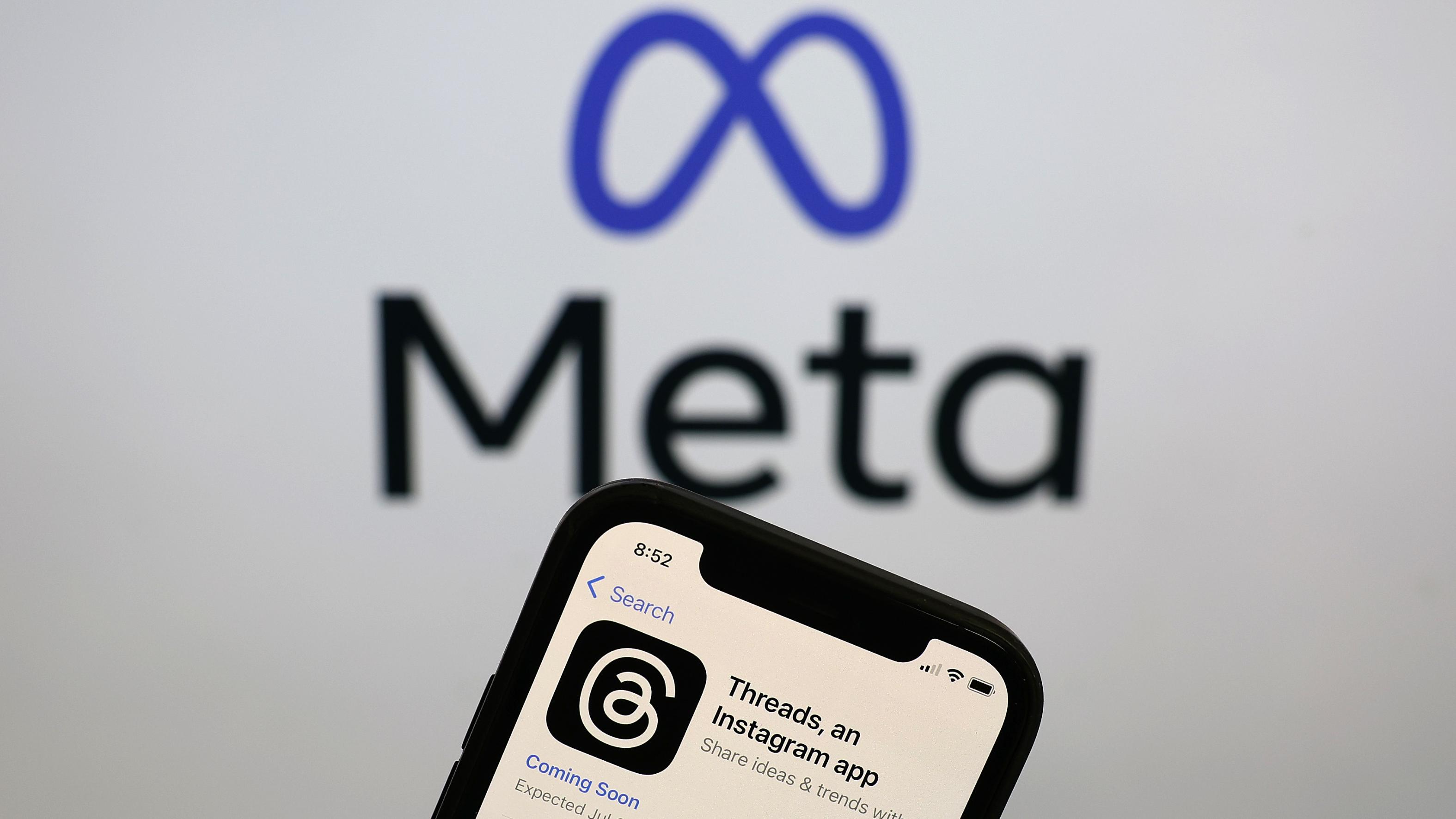 In this photo illustration, the Threads logo is displayed on a cell phone on July 5, 2023 in San Anselmo, California. (PHOTO / AFP)
In this photo illustration, the Threads logo is displayed on a cell phone on July 5, 2023 in San Anselmo, California. (PHOTO / AFP)
SYDNEY - Social media giant Meta Platforms, owner of Facebook and Instagram, plans to label government-affiliated accounts on its new Twitter-like platform Threads, an executive told an Australian inquiry on foreign interference on Tuesday.
"Areas such as labels for state-affiliated media and fact-checking are all areas where we see a lot of value, and it's our aspiration to build that out expeditiously," Josh Machin, Meta's head of public policy for Australia, told the Senate inquiry.
The disclosure comes less than a week after Meta launched Threads, which is widely seen as similar to the microblogging site Twitter.
Australian senator James Paterson, asking Meta about its labeling plans for Threads, told the inquiry Twitter's removal of foreign government affiliation tags was "extremely concerning from a transparency view"
Twitter has removed tags from government-affiliated accounts since billionaire Elon Musk took it private in 2022, bringing complaints about degrading users' media literacy.
READ MORE: Meta's Twitter rival Threads surges to 100 million users
Australian senator James Paterson, asking Meta about its labeling plans for Threads, told the inquiry Twitter's removal of foreign government affiliation tags was "extremely concerning from a transparency view".
Twitter declined to comment. Twitter executives are scheduled to appear at the inquiry later on Tuesday.
Meta's Machin told the inquiry the company was concerned by an Australian proposal to give media regulator the Australian Communications and Media Authority powers to police and fine social media companies for enabling the spread of disinformation and misinformation.
ALSO READ: Meta takes aim at Twitter with Threads app, millions join
Meta would support giving ACMA power to enforce an existing industry code of conduct, which includes proactively weeding out false content, but "the draft legislation goes further", he said, referring to the proposal which is currently under industry consultation.
"We can see some potential for that power to be abused, or for it to be used in a way that chills legitimate free expression online," he added.


